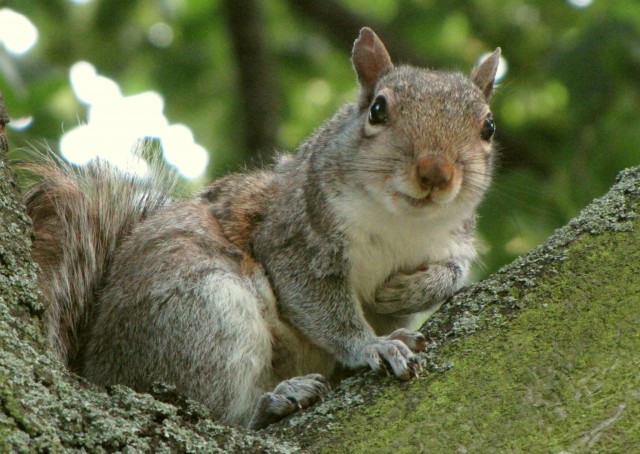How to Protect Urban Wildlife from Pesticides?

Same pesticides that are helpful in controlling pests, weeds and insects cause harm to animals, birds and fishes. Users of these chemicals should know how to protect urban wildlife from pesticides. Pesticides are used extensively not only in agricultural field but also in residential setting. The harmful effects of pesticides can be minimized only if not only farmers but household pesticide users also do their own bits.
It is important to use only branded pesticides. Such products are manufactured according to established government standards related to toxic contents. Pesticide product container should be disposed off as instructed on the product label. It is important to avoid dumping unused pesticides into drain and gutter. Any item treated with these chemicals should be disposed properly. Container used to store pesticide should be checked regularly for any leak. Containers and other items used to store, move or process pesticides should not be cleaned at any place. These items should be cleaned in such a way that the wastewater does not enter the drain and sewer.
Even when the water from a water body is not used for human consumption, its water should be kept free from pesticides. This is possible only when pesticide treated items are not dumped into such water bodies. It is a good idea to use organic pesticides that are made from natural and plant materials. In many cases, weeds can be removed by machines, or even by hand if only a small area like home garden is affected. There is no need to spray pesticides indiscriminately. These chemicals should be sprayed only on affected parts or areas that need treatment.
Some large pests like squirrels can be controlled with small pest controlling devices like traps, there is a tutorial on how to remove squirrels from attic. These devices use simple food baits to lure and trap the pests. The same technique can be used to capture other large pests. An effective landscaping design can help avoid use of pesticides to a great extent. Proper fencing around the garden and home keeps away large pests.
Weeds need water, sunlight and soil to grow. If access to these things can be restricted then weeds have no chance of growing in such an area. Weeds will not grow on land that is completely dry. Leakage of water into the ground should be stopped. Sunlight should not be allowed to reach the ground at places where weeds have a chance of growing. These techniques will restrict growth of weeds in such an area. These are some effective ways to protect urban wildlife from pesticides. Everyone should help avoid pesticides affecting land, water and air.
Source of some information for this article was